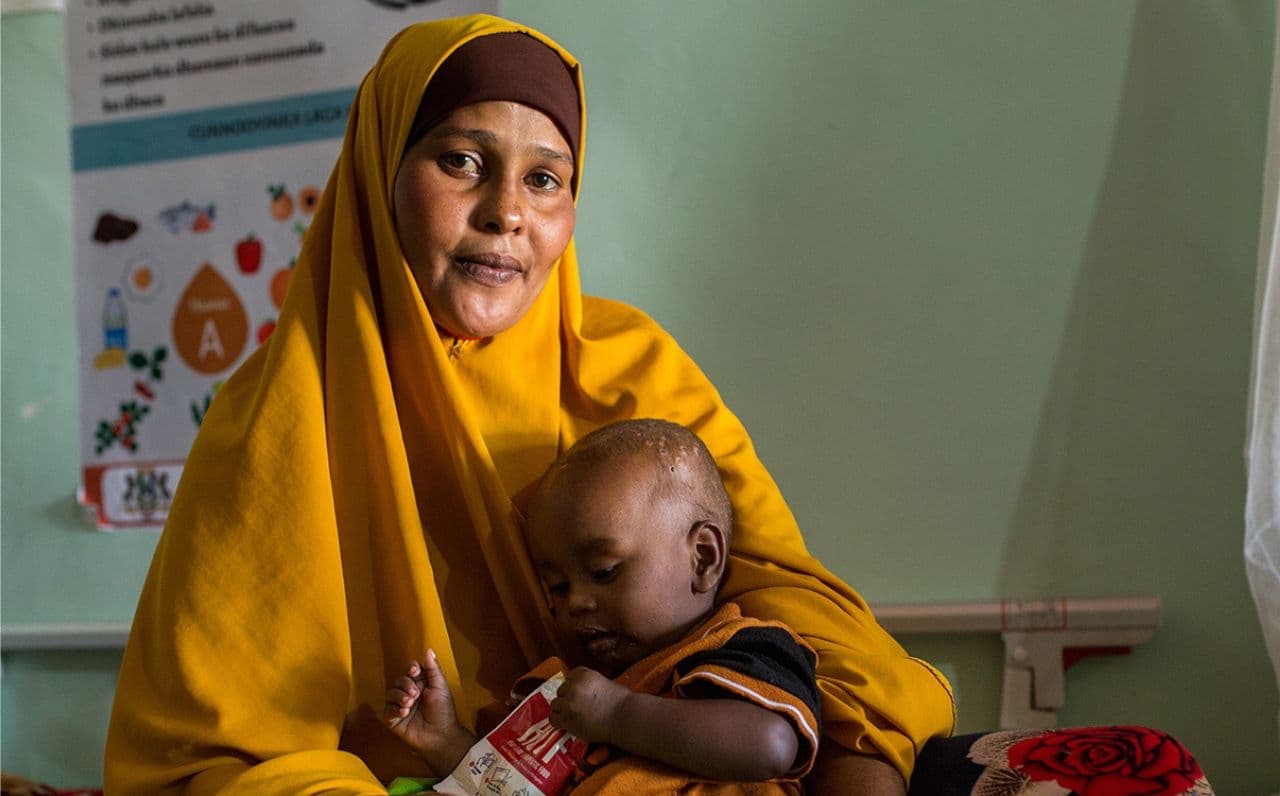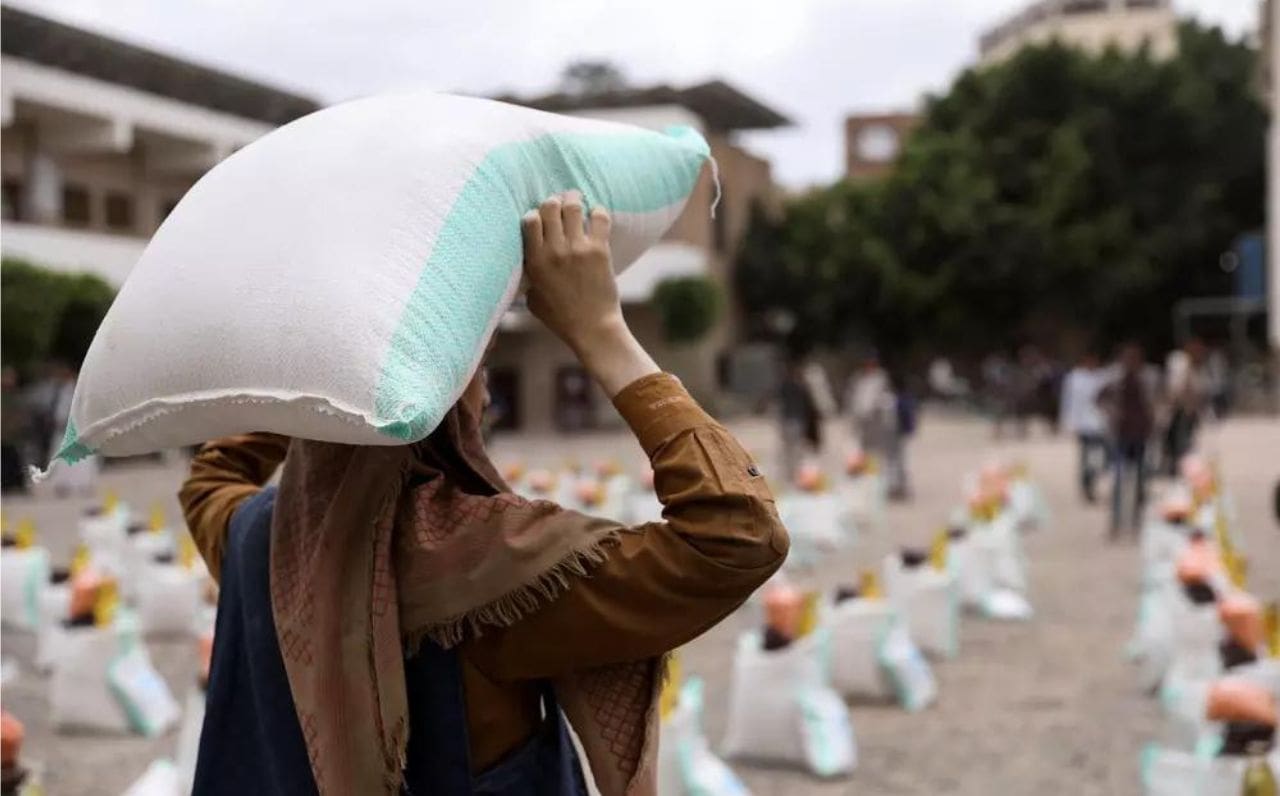Children of Yemen
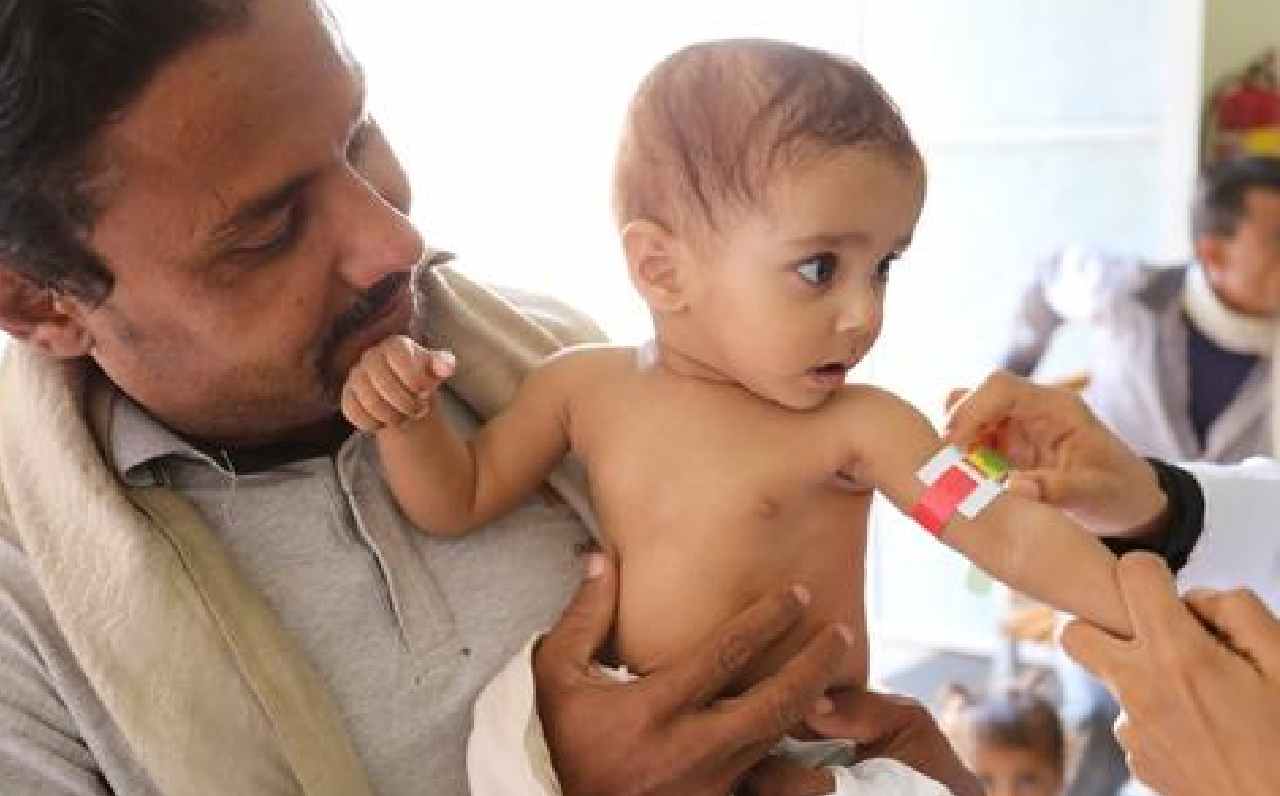
Alarming numbers of Yemeni children suffering from malnutrition.
The causes of malnutrition in children go beyond a simple lack of food. Malnutrition in Yemen has been at times attributed to famine, which gives the impression that the country doesn’t have enough food for its people.
However, the issue of malnutrition here is more complex than a simple scarcity of food. Our concern is that people are unable to afford to buy food that otherwise exists.
Many Yemenis are either unpaid for their work or have lost their livelihoods due to the conflict. On top of this, the depreciation of the Yemeni currency coupled with high prices of food, fuel and other necessities has eroded people’s buying power.
Poor health and breastfeeding practices further aggravate the situation. An almost non-existent general healthcare system has made access to healthcare very difficult, if not impossible, for many pregnant women, mothers and newborn children. And an undernourished mother is more likely to give birth to an underweight child.
Many of the severely malnourished children we see can be treated at an outpatient facility without requiring hospitalization. However, people do not always find outpatient-feeding centres close to their homes, especially in more remote areas. Consequently, a child suffering from moderate malnutrition remains untreated for too long, and can end up with a more severe condition requiring hospitalization.
Humanitarian groups must prioritize mother and child healthcare, and support the health system to make general healthcare services more functional. An improved healthcare system can help mothers and children receive care at an early stage to prevent a health condition becoming more severe.
While the health system needs attention, responding to all basic needs is the only way forward to discuss the issue of malnutrition. This includes expanding food distribution in areas badly affected by malnutrition and increasing community awareness on the correct hygiene and breastfeeding practices, as well as the early identification of malnutrition symptoms.
Source & credit: MSF
Middle east

2021 Dec 18
Middle east

2024 Dec 10
Africa

2024 May 10
Threats against Christians in Australia increase
International, Americas

2024 Apr 16
Increasing Arrests and Faceless Victims Revealed in Latest Findings.
Middle east

2024 Feb 23
SimilarNews
 Syrian Christians Face Persecution
Syrian Christians Face Persecution Rebel Takeover Sparks Fear for Minority Groups.
Middle east

2024 Dec 10
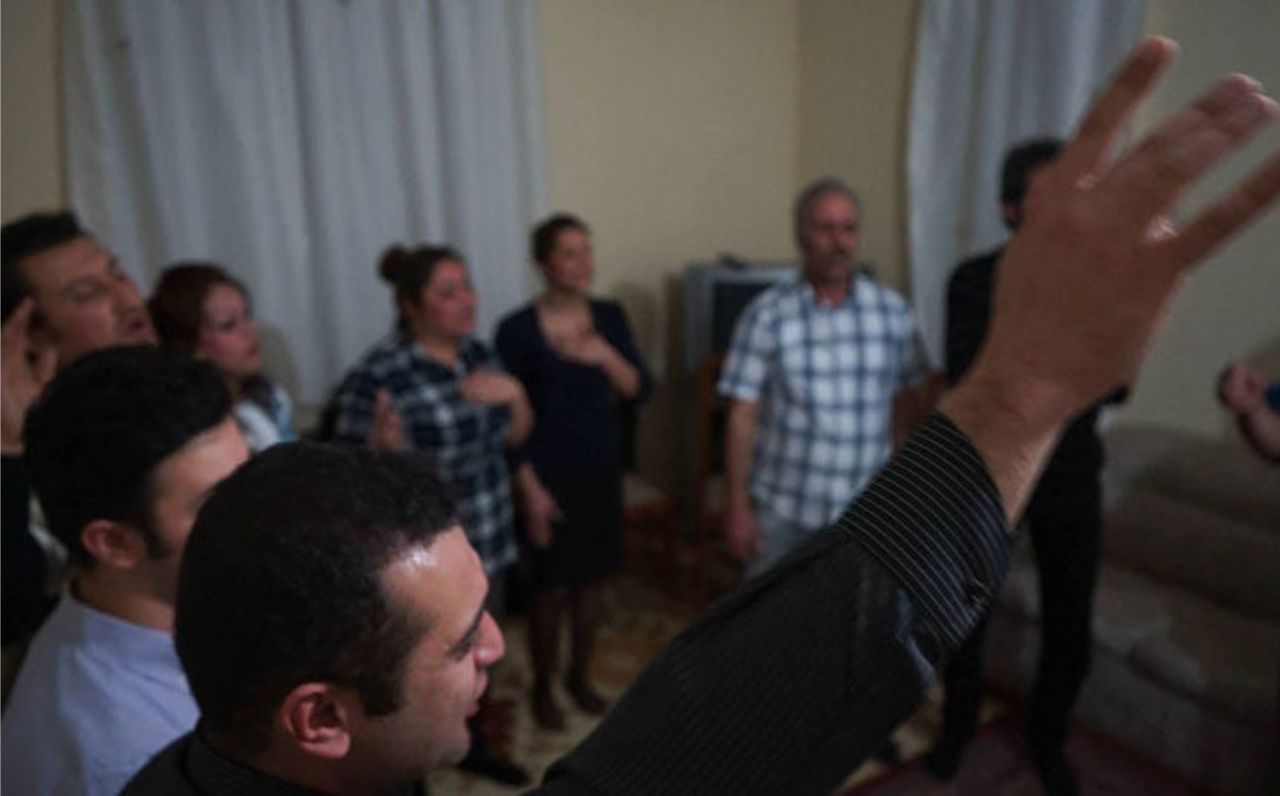 Report Highlights Rights Violations Against Christians in Iran
Report Highlights Rights Violations Against Christians in Iran Increasing Arrests and Faceless Victims Revealed in Latest Findings.
Middle east

2024 Feb 23
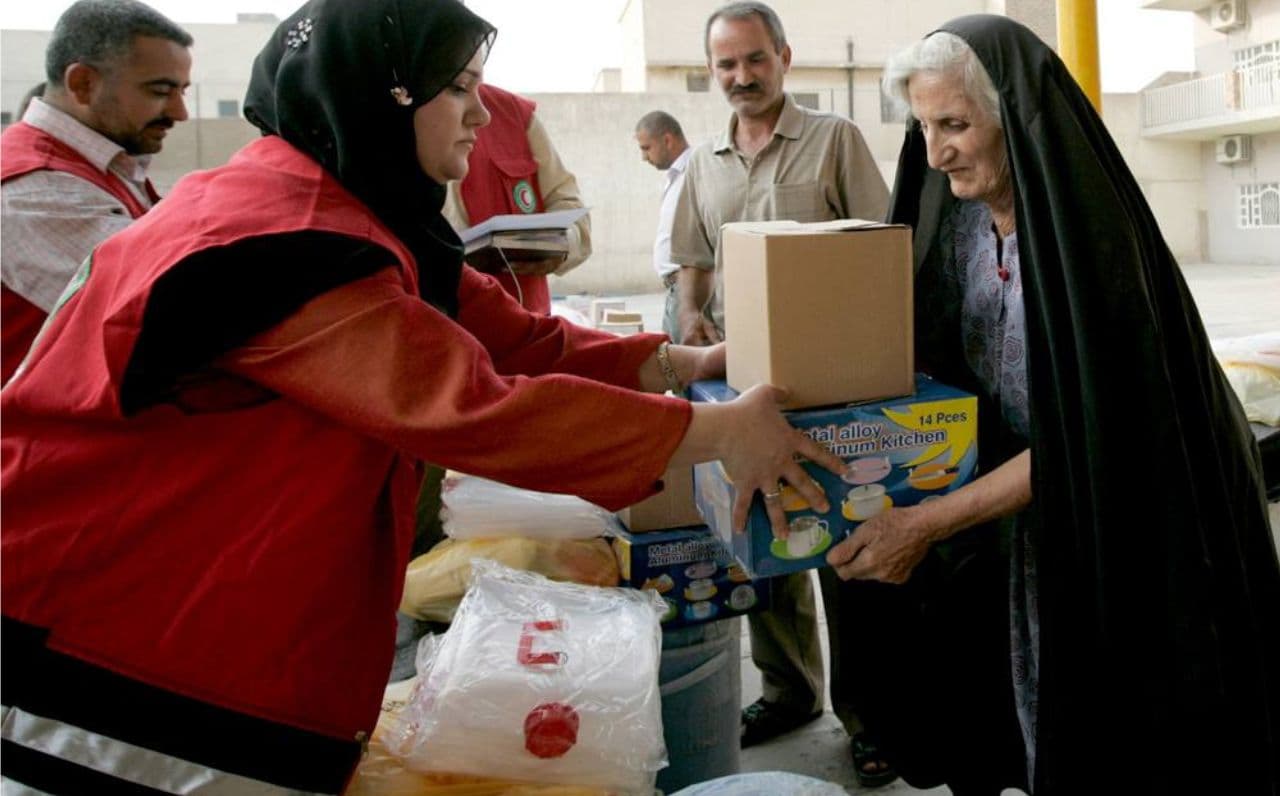 Coalition Strengthens Aid Efforts for Displaced Christians in Iraq
Coalition Strengthens Aid Efforts for Displaced Christians in Iraq Uniting to Provide Crucial Assistance Amid Ongoing Challenges.
Middle east

2024 Feb 19
Slavery Grips Pakistan's Christian Minority.
Middle east

2024 Jan 27
Concerns about the detrimental impact on civilians and IDPs.
Middle east

2024 Jan 26
